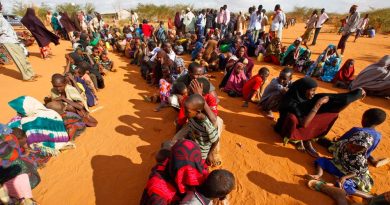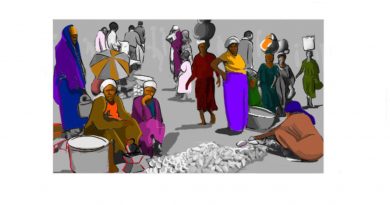Reflections on Conducting a Lean Research Field Study
By Sarah Carson, under the supervision of Kim Wilson.
Field research is a common and often powerful piece of post-graduate training in international affairs and development. But sending students to the field also comes with risks to both students and study participants. What happens when you send five students abroad to execute Lean Research on their own? What challenges might they encounter, and what innovative solutions could they develop? And what do they learn that could be applied to similar experiences in the future?







